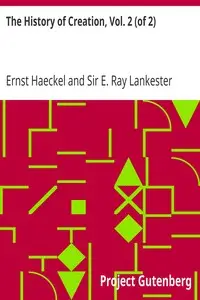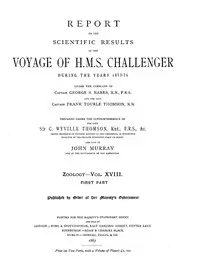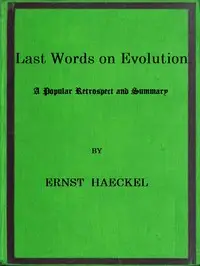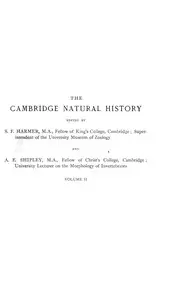"The Evolution of Man — Volume 1" by Ernst Haeckel is a scientific publication likely written in the late 19th century. This work focuses on human embryology, exploring the developmental stages of humans and their evolutionary connections to other species. Haeckel proposes that the embryonic development of human beings mirrors their evolutionary ancestry, producing an intricate narrative that links individual growth with species evolution. The opening of the volume introduces the fundamental questions concerning man's natural evolution, emphasizing the underappreciated connection between embryology and anthropology. Haeckel asserts that the journey from a fertilized ovum to a fully formed human being traverses stages that reflect ancestral forms, highlighting how human embryos initially resemble simpler organisms, such as fish and amphibians. He argues that familiarity with these concepts not only reveals the history of humanity but aligns with a broader understanding of nature and biology, advocating for their inclusion in educational discourse. (This is an automatically generated summary.)

The Evolution of Man — Volume 1
By Ernst Haeckel
"The Evolution of Man — Volume 1" by Ernst Haeckel is a scientific publication likely written in the late 19th century. This work focuses on human emb...
Ernst Heinrich Philipp August Haeckel was a German zoologist, naturalist, eugenicist, philosopher, physician, professor, marine biologist and artist. He discovered, described and named thousands of new species, mapped a genealogical tree relating all life forms and coined many terms in biology, including ecology, phylum, phylogeny, and Protista. Haeckel promoted and popularised Charles Darwin's work in Germany and developed the influential but no longer widely held recapitulation theory claiming that an individual organism's biological development, or ontogeny, parallels and summarises its species' evolutionary development, or phylogeny.


















